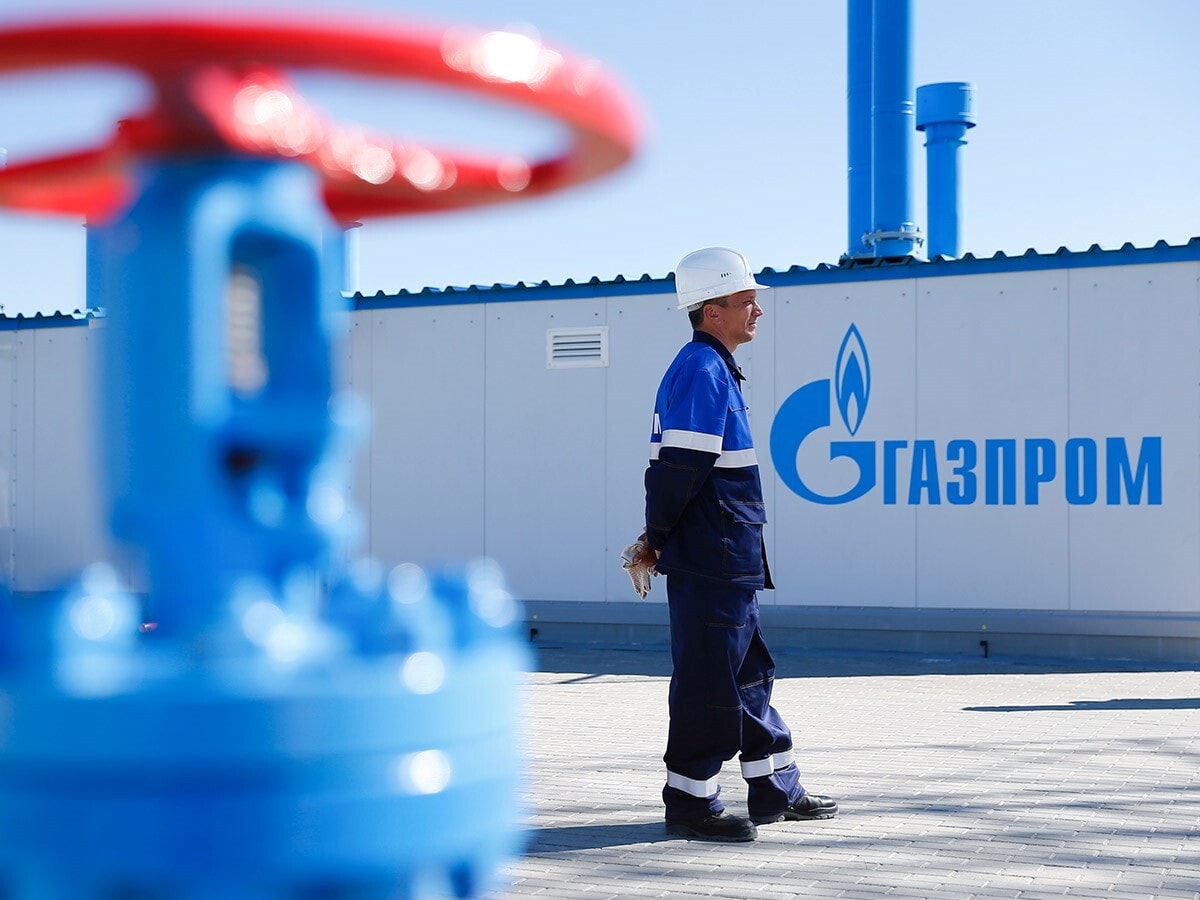Europe remains in an energy crunch, which Russia may be capitalising on to the benefit of Gazprom [GAZP.ME]. Europe ordinarily requires around 1,000 terrawatt hours (TWh) of natural gas to sit in its winter reserves, but was only able to reach a peak storage of around 860 TWh in October after which it dropped, as per data by industry body Gas Infrastructure Europe. The continent now depends even more heavily on supplies from Russia.
Gazprom is therefore seeing a sharp uptick in profitability. After reporting record-setting figures in the third-quarter, its fourth quarter results may be even stronger despite similar volumes of sales.
“Presumably, the price of our gas supplies to Europe is going to be much higher in Q4, which will have a positive impact on the year-end results,” said Gazprom deputy chairman Famil Sadygov while detailing the company’s third quarter results.
However, Gazprom may have some domestic competition. Russia’s president Putin has initiated a proposal for Rosneft [ROSN] to supply 10 billion cubic metres of natural gas to European reserves. Rosneft’s chief executive Igor Sechin, who has long lobbied to break Gazprom’s monopoly on natural gas exports, said the move should ease pressure on European gas markets, Reuters reported.
“Presumably, the price of our gas supplies to Europe is going to be much higher in Q4, which will have a positive impact on the year-end results” - Gazprom deputy chairman Famil Sadygov
Gazprom’s quarterly performance
In Q3, gas prices nearly tripled year on year to reach $304 per 1000 cubic metres. As Europe transitions toward increased dependence on renewable sources of energy to reduce emissions, it must now rely upon wind and solar energy, supplies of which are more intermittent than traditional fossil fuels, reported Bloomberg. Without a consistent supply available, the demand for energy sources has rocketed prices.
Supplying 35% of Europe’s natural gas, Gazprom has become one of Europe’s most important energy sources, and as a result has benefited directly from the continent’s diminished supply, which gives the company both the benefits and control of the ongoing energy crisis.
With the company “forecasting that gas prices in Europe next year will be no lower” moving into Q4, according to Reuters, Gazprom forecasts to continue expanding its revenues as consumers shoulder the costs.
High earnings; higher expectations
The record results in Gazprom’s Q3 report on 29 November included EBITDA revenues of 809bn rubles ($10.9bn), an all-time high for the company. Its revenues this quarter rose by 95%, and operating profits 350% on the same period last year, and net profits came to almost $8bn, a fourth consecutive quarterly rise. The last three quarters bring the firm’s fiscal 2021 revenues to more than $20bn.
After hauling in record revenues, the firm can maintain a substantial liquidity cushion, having set out $24bn of further investment in 2022 to build pipelines and further infrastructure projects, an indication that the firm is priming to ramp up development and survive looming headwinds such as further US sanctions, or a cap on trans-Belarusian supply lines, two of the firm’s major potential headwinds.
According to a Reuters report, Gazprom expects the average gas price in Europe at $550 per 1,000 cubic metres in the fourth quarter.
Longer-term gas price increases would, of course, be a win for the historically successful Gazprom stock. Over five years, the stock has steadily grown 109%, a performance which comfortably outstrips the S&P 500’s 107% gain over the same span. Last year alone, Gazprom’s stock rocketed 59%, surging far ahead of the S&P 500’s 25%. On 16 December the share closed at 328.47 rubles.
Emerging headwinds
And yet, the forecast may not be wholly plain sailing for the gas giant, which has seen its stock drop 15% since an early-October high, falling 5% across last week.
Some politicians and experts have accused Gazprom of helping to engineer the crisis by refusing to increase supply to Europe even as the energy shortage goes on.
As of last week, Gazprom’s control over – and capacity to benefit from – the situation may have taken a hit as Rosneft, the largest oil producer in Russia, will begin preparing plans to increase supply of natural gasses to European reserves.
If the European energy crunch remains a burden for continental and British markets, then even with looming US sanctions, and the threat of incoming competition, the firm could very well continue expanding and meeting target revenues for Q4.
Continue reading for FREE
- Includes free newsletter updates, unsubscribe anytime. Privacy policy





